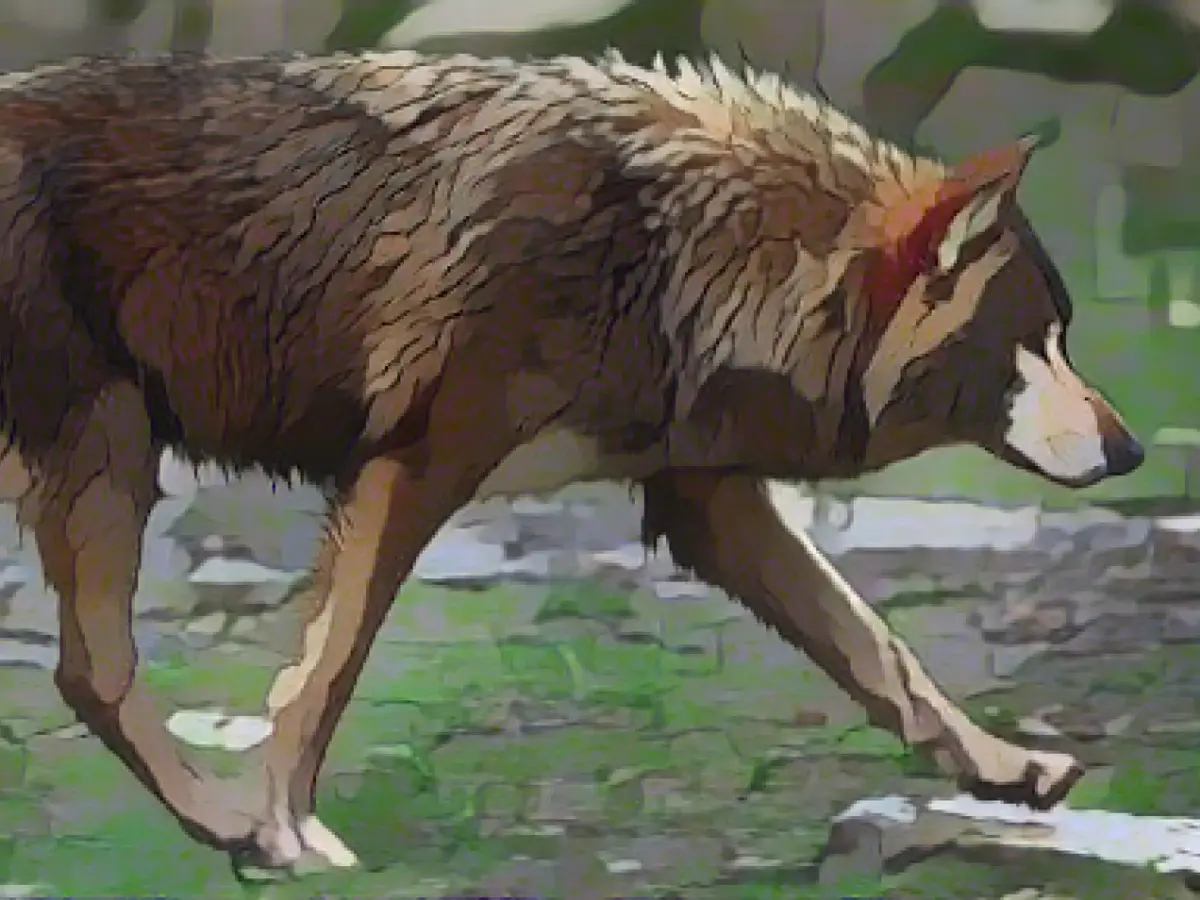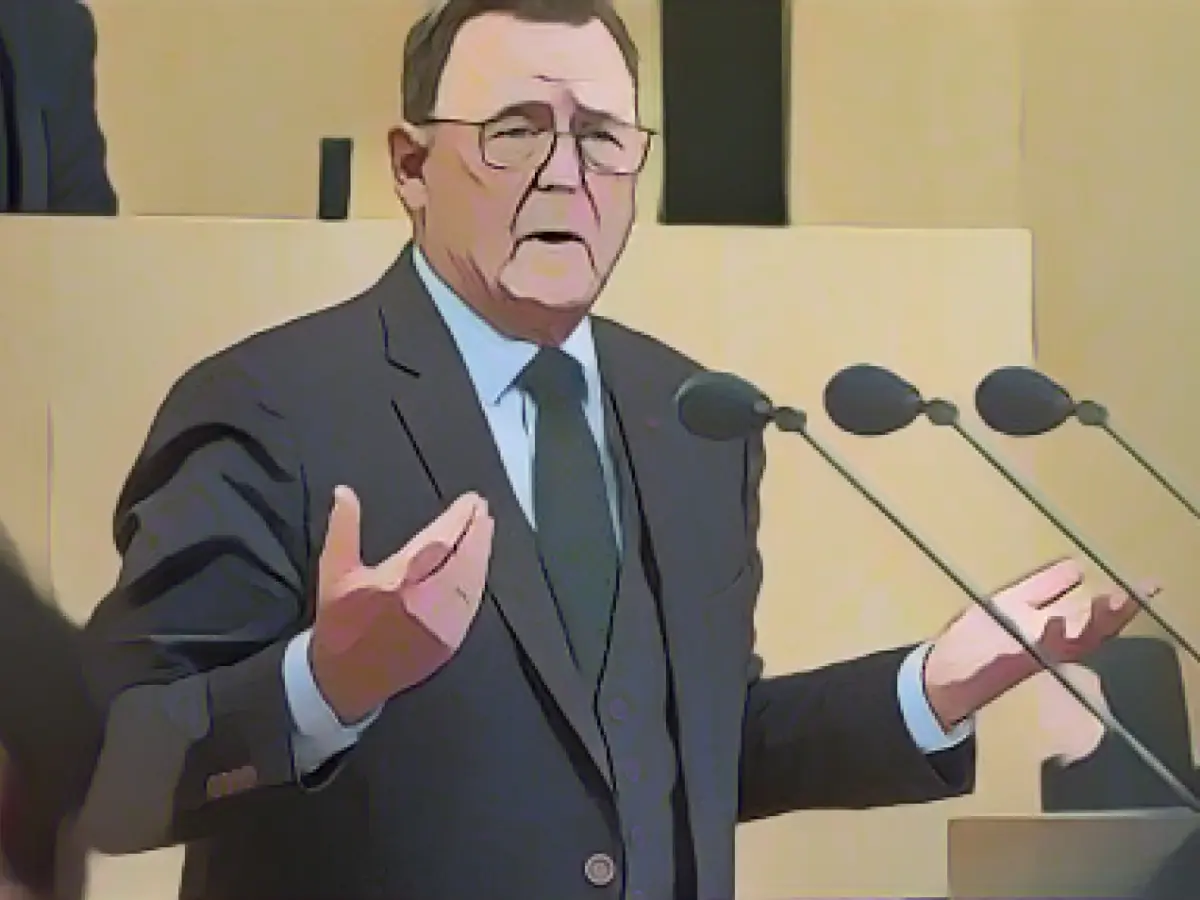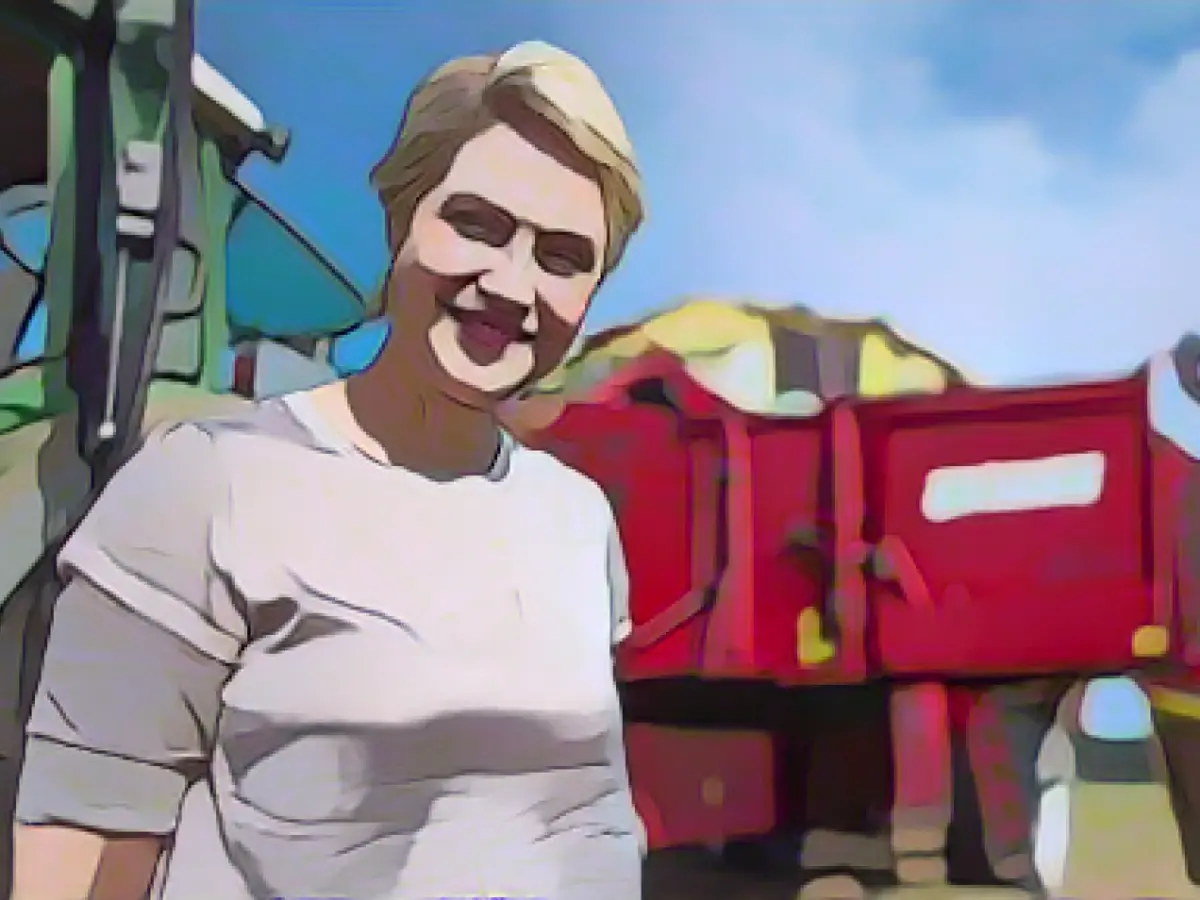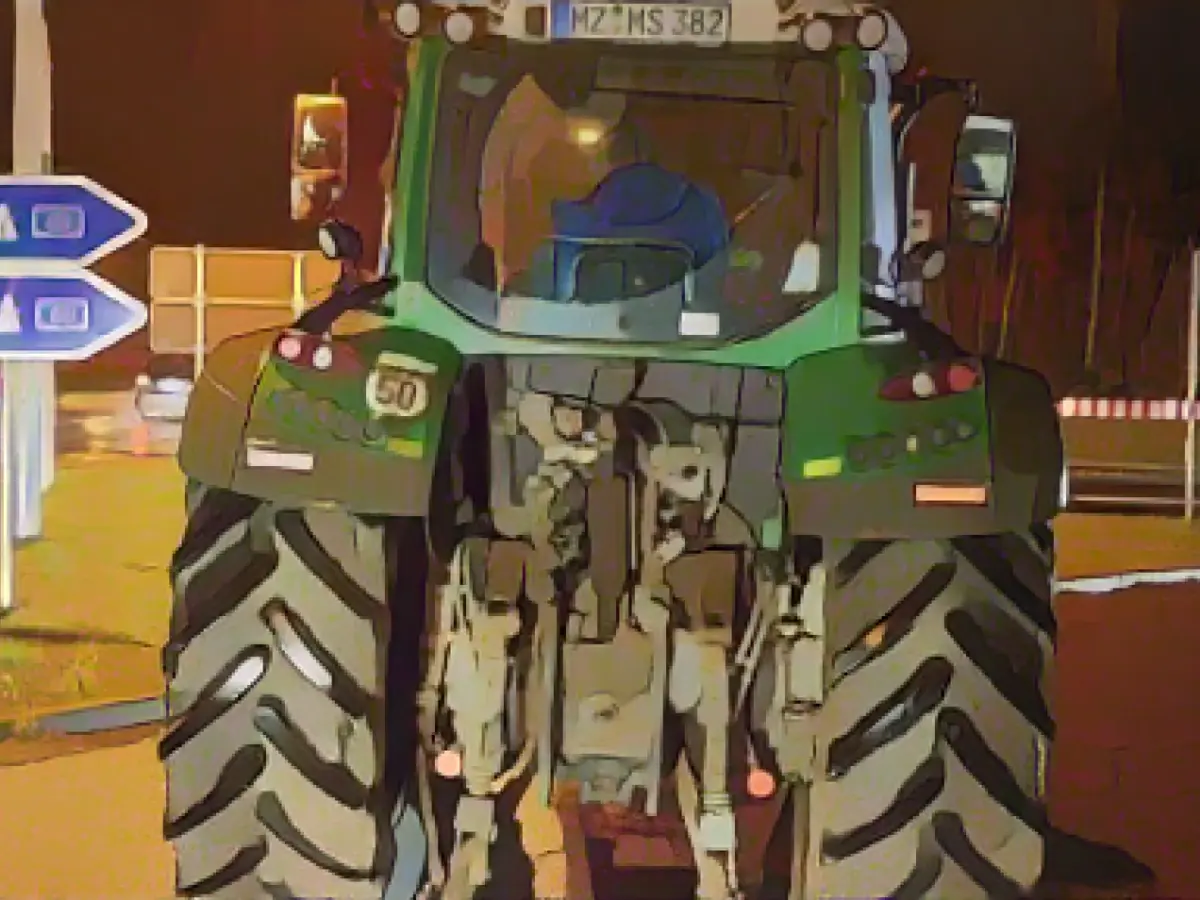Wolves Causing Trouble, Swift Action by German Environment Ministers
Problematic wolves that have transgressed protective barriers and attacked livestock are set to face swifter culling procedures in Germany. This resolution was agreed upon by federal and state environment ministers during their two-day conference in Münster, Westphalia, due to an escalating number of wolf kills and heated protests from farmers. A significant change introduced is the cancellation of the requirement for DNA analysis before taking action.
Oliver Krischer, the Green Party's Environment Minister for North Rhine-Westphalia who chaired the conference, declared: "We've made a substantial breakthrough here. Grazing livestock farming and wolf populations can coexist with minimal conflict when herd protection is prioritized." He emphasized the need for a more practical, nationwide approach to eliminate individual wolves exhibiting unusual behavior.
Uniform Regulation Across Germany
Steffi Lemke, the German Federal Environment Minister, underlined the universal consensus within the resolution, permitting the swift termination of wolves when they breach herd protection and kill livestock on a farm. "This is a significant act of reconciliation by the Conference of Environment Ministers, aiming to de-escalate this heated social conflict," Lemke stated.
The federal states impacted by wolf attacks aim to initiate swift wolf culls as early as the start of the 2024 grazing season through uniform state regulations. Discussions on this matter began as early as next week, with Mecklenburg-Western Pomerania spearheading the negotiation process. Additional involvement from Schleswig-Holstein, Lower Saxony, Brandenburg, Saxony, and Saxony-Anhalt was also confirmed.
Legal Certainty and Wolf Population Concerns
Lemke explained that her EU Commission had confirmed the proposal's compatibility with EU law, implying that the decision presents a clear signal of legal certainty to those individuals responsible for implementing decisions on the ground. However, the precise number of wolves that could be affected annually remains uncertain.
The resolution allows obtaining a shooting permit when herd protection measures have been surpassed, and livestock has been killed for a period of 21 days following the incidents. This applies within a 1000-meter radius of the affected pasture. The specific areas where this regulation will be implemented are determined by the federal states.
Increasing Conflict and Protection Measures
The number of wolf attacks on livestock significantly increased in 2023, with over 1,000 incidents resulting in more than 4,000 farm animals being killed or injured. The German authorities advocate herd protection measures such as fencing and livestock guarding dogs as the most effective means to protect livestock. Minimum standards for herd protection are advocated by the environmental association BUND.
Wolf population estimates vary, with statistics indicating more than 1,300 wolves in Germany. Farmers, hunters, and riders' associations estimate a population of between 2,000 and 3,000 wolves. Since wolves returned to Germany 20 years ago, there have been no reported wolf attacks on humans.
Addressing Woolf Conflicts and Controversial Decisions
The shooting of individual conspicuous wolves under specific circumstances has already occurred in multiple federal states since 2017, with 12 wolves officially authorized for killing. However, the German Hunting Association felt dissatisfied with the agreement reached by the federal states. "It is a simplistic reaction, but not a regionally differentiated population management," HDV President Helmut Dammann-Tamke commented.
The resolution, as per Dammann-Tamke, failed to establish a clear course for conflict-free coexistence with wolves. The Liga für Tierschutz Bayern (LPB), a German environmental organization, opposed the decisions, emphasizing the need for alternatives such as retraining current hunting dogs or employing livestock guarding animals to protect livestock rather than relying on increased culling.
Source: Stern lists the link to as their source.
Additional Insights:*
- The German government's Action Plan on Nature-based Solutions for Climate and Biodiversity, launched in June 2023, aims to enhance ecosystems and agricultural soils to reduce greenhouse gas emissions and sequester CO2 but does not directly address wolf culling issues.
- Woolf protection is vital in balancing coexistence between grazing livestock farming and wolf populations. Preventive measures such as building wolf protection fences, using livestock guarding dogs, and implementing sustainable agricultural practices are encouraged to minimize conflict with wolves.
- Under strict legal and ethical guidelines, culling problematic wolves may be initiated when justified, but it is not considered a primary solution to conflicts between wolves and livestock in Germany.








